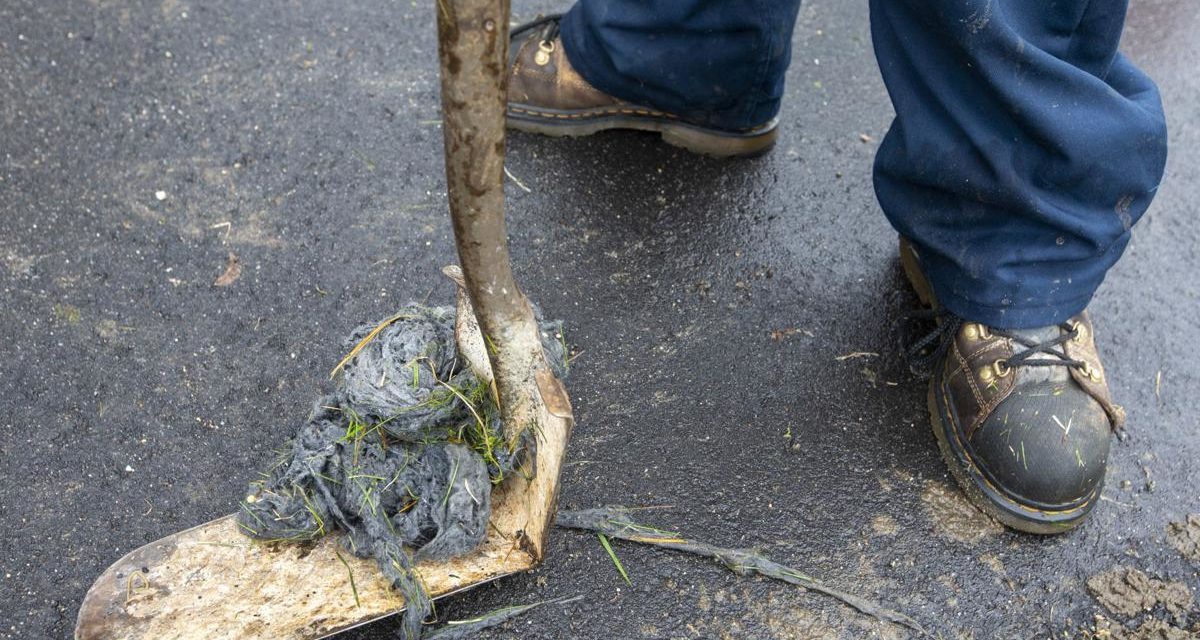It seems the coronavirus has affected every aspect of life including the sewers.
Not too many years ago, every time there was a heavy rain the city would send out a bunch of notices of “untreated sewage discharge.” The problem was caused by stormwater infiltrating into the sanitary sewer system and causing it to overflow. Photos of the manholes in Latham Park looking like fountains were popular in the media. The city spent tens of millions of dollars fixing that problem and until the coronavirus came along reports of “untreated sewage discharge” became much less common.
The coronavirus itself does not cause the sewers to get clogged and overflow, but the wipes that people are now using to clean every surface that somebody might touch do.
The City of Greensboro put out a press release on Thursday, May 14 titled, “Are You Contributing to Sewer Overflow?”
The press release states, “To keep sewer lines free from clogs and the community waterways clean, Water Resources Department staff ask residents to flush only toilet paper and human waste down toilets. Even if a product’s packaging claims the item is flushable, do not do so.”
The list of items that should not be flushed down toilets includes, wipes, towels, sanitary pads, paper towels, napkins, hair, gloves, floss, feminine hygiene products, facial tissues, fabrics (of all kinds) and condoms.
Robert Martin, sewer construction and maintenance supervisor for the city said, “The increase in the number of flushable wipes really creates an issue for us. They make big balls and get clogged and don’t move.”
Martin said that even the wipes that claim to be flushable don’t dissolve like toilet paper and get hung up in the pipes collecting more debris until it clogs the pipe.
There is also a note on the press release that might resonate with some homeowners: “Water Resources staff also reminds residents that backups and sewer overflows do not only occur in the City’s system, but can also occur in private plumbing systems.”
What the press release doesn’t say is that if the blockage is in a private system, the property owner not the city has to pay the bill.

